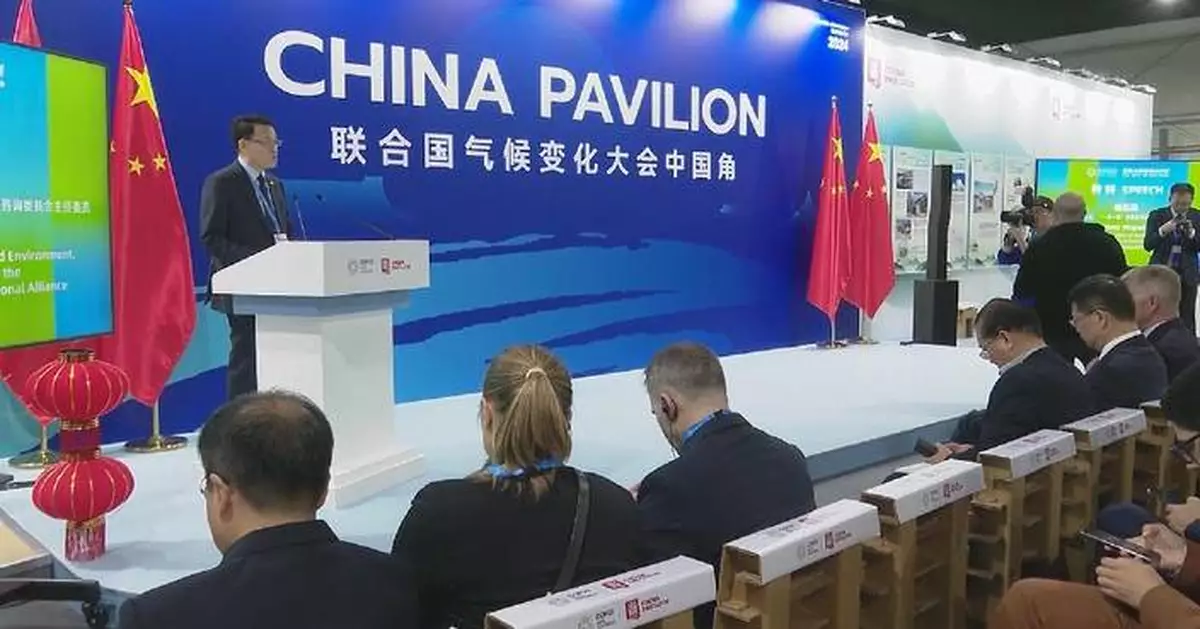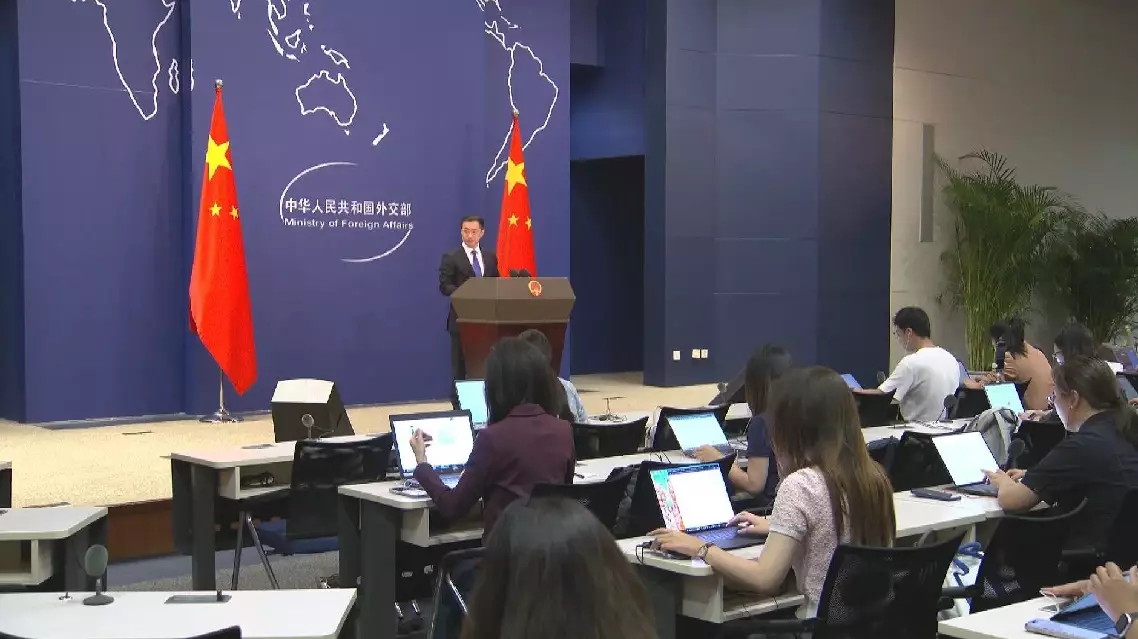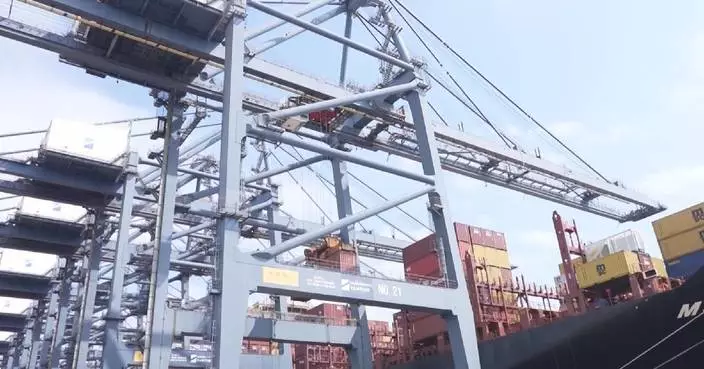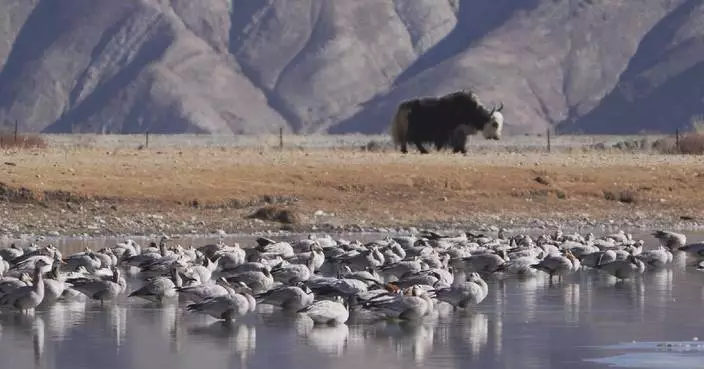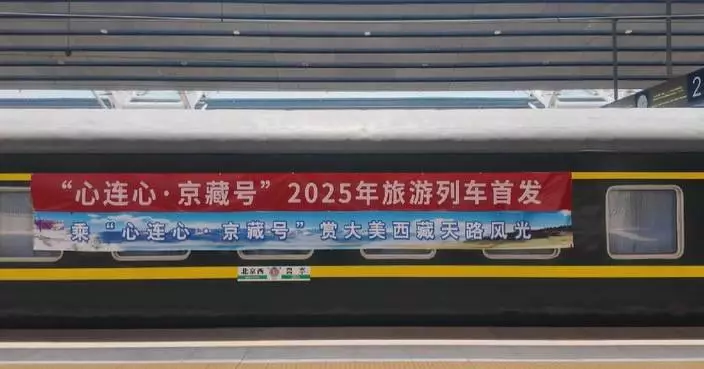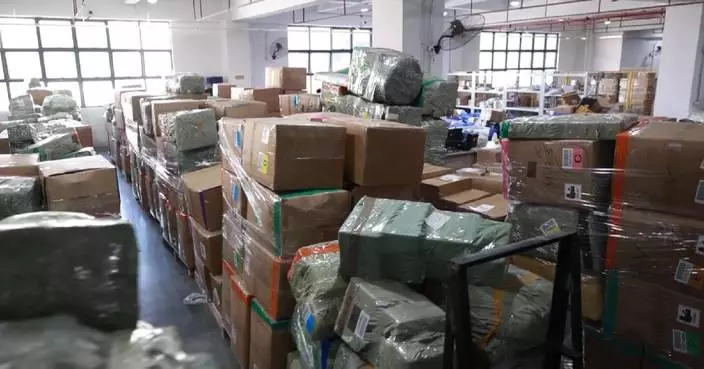China has reaffirmed its long-standing commitment to aiding developing nations through South-South cooperation and its preparedness to work with developed nations to bolster climate change response, said a senior Chinese official.
Zhao Yingmin, head of the Chinese delegation to COP29 and vice minister of ecology and environment, made the remarks on the sidelines of the 29th session of the Conference of the Parties to the United Nations Framework Convention on Climate Change (UNFCCC), or COP29, in Baku, Azerbaijan, on Monday.
China is willing to work with the international community to strengthen political mutual trust, practice multilateralism, enhance global cooperation, and build a prosperous, clean, and beautiful world, he said.
"COP29 is a conference on climate finance, so we are concerned with how the new collective goals will facilitate all parties in reaching a consensus at an early date, in accordance with the mandate and requirements of the Paris Agreement. In this way, we can provide support for the next round of NDC [referring to nationally determined contributions] submission by countries around the world, and even further continue to promote the global green and low-carbon transition. Climate finance stands as a critical topic at this gathering," Zhao said.
As a major player in international climate negotiations, China has consistently emphasized the importance of supporting developing nations in their green transitions, according to Zhao.
"China has long provided assistance for developing countries to enhance their ability to deal with climate change through South-South cooperation within our means. Looking ahead, we are dedicated to furthering out significant contribution with developing countries to the green energy transition through South-South cooperation, and jointly building a green Belt and Road. At the same time, we are willing to cooperate with developed countries to jointly promote the capacity of developing countries in addressing climate change and advancing the green energy transition," he said.
Also on Monday, the China Pavilion at COP 29 was launched. The China Pavilion is set to host 10 themed days featuring various side activities during COP29, scheduled to run from Nov 11 to 22.
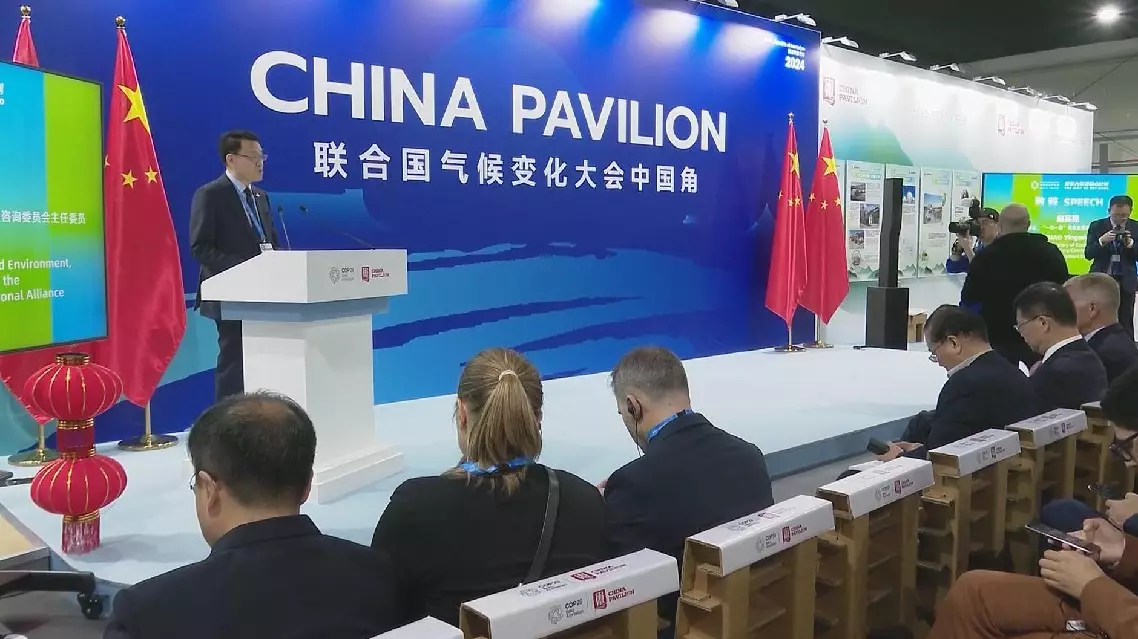
China reaffirms commitment to climate finance, South-South cooperation at COP29


